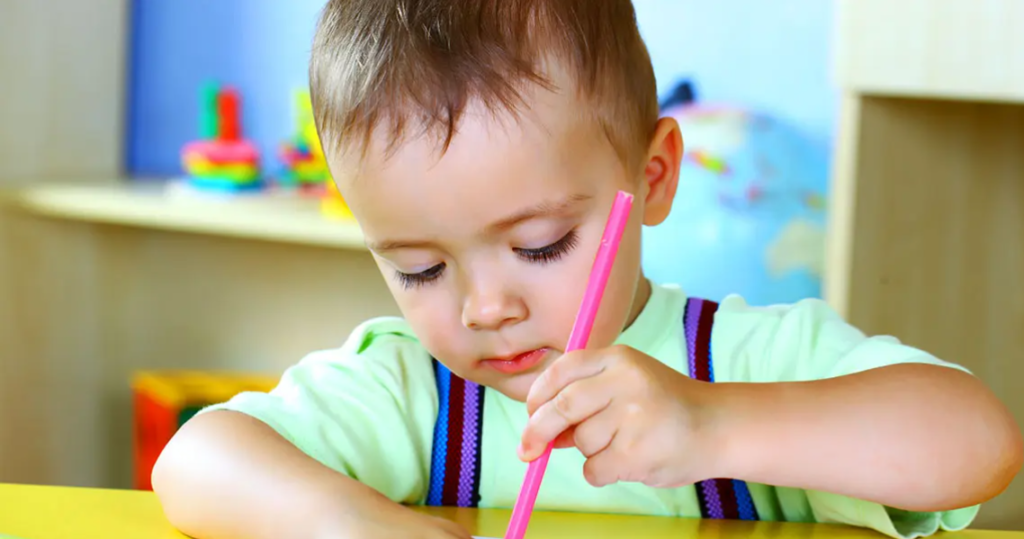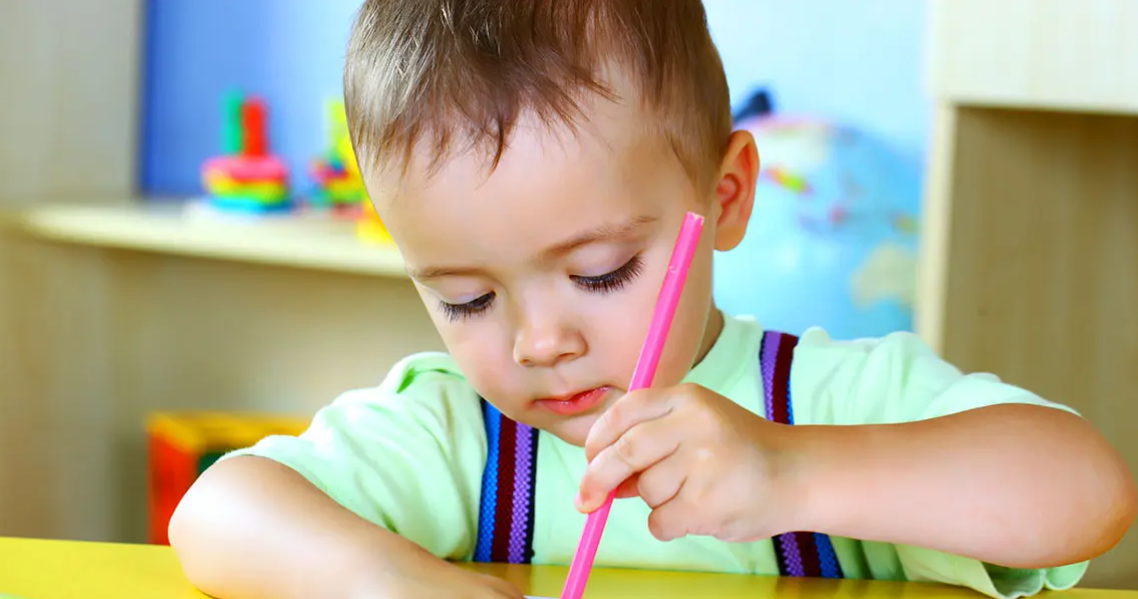As kids grow, one of the big decisions parents face is whether or not to enroll their child in Pre-K (Pre-Kindergarten). For many families, the choice of whether to send their child to Pre-k Albuquerque can be a tough one.
Pre-K can offer many benefits, but it’s not always the right choice for every child. How can you know if Pre-K is right for your child? Here are some key things to consider before making the decision.
1. Social Development
One of Pre-K’s main goals is to help children develop social skills. At this age, kids learn to play with others, take turns, share, and express themselves in social situations.
If your child is still learning to interact with other kids or struggles with following group rules, the best Pre-k In Albuquerque can provide a safe and supportive place to practice these skills.
In Pre-K, kids often do activities in small groups, play together, and learn how to communicate their feelings and needs. If your child is shy or tends to be more independent, Pre-K can help them develop better social skills in a structured way.
2. Learning Readiness
Pre-K can also help prepare your child for the more structured learning they’ll experience in kindergarten. The best Pre-k Albuquerque introduces kids to basic academic concepts like letters, numbers, shapes, and colors.
It’s a time when they start building foundational skills that will be important later, such as listening, following directions, and working in a group.
If your child is curious and enjoys exploring new things, Pre-K might be a great fit. It’s a good place for eager learners, but it’s also helpful for kids who may need extra time to develop school-readiness skills.
If you feel your child is already ahead in these areas or isn’t quite ready for more structured learning, you might choose to wait another year before starting Pre-K or explore other options, like homeschooling.

3. Emotional Readiness
Emotional readiness is another key factor in deciding whether Pre-K is the right choice for your child. Pre-K can be a big transition for some kids because it requires them to be away from home for several hours each day.
Children in Pre-K often have to follow a schedule, follow rules, and work with others in a group setting.
If your child is comfortable in social settings, can manage basic routines (like washing their hands, sitting for a story, or going to the bathroom independently), and doesn’t struggle with separation anxiety, Pre-K may be a great next step.
However, suppose your child has difficulty separating from you or has emotional challenges. In that case, delaying Pre-K for a year or considering a more gradual introduction to school-like environments might be helpful.
4. The Learning Environment
The environment of the Pre-K program is also a big factor. Not all Pre-K programs are the same, so it’s important to look at the quality of the programs available in your area.
Some Pre-Ks are more academic-focused, while others are more play-based. Some offer a structured routine, while others provide more flexibility.
Like many other places, Albuquerque has different types of Pre-K programs. Some are run by public schools, while others are private or community-based.
It’s a good idea to visit different programs, talk to teachers, and observe how the children in those programs are being taught.
If your child thrives in a hands-on and creative environment, look for a play-based Pre-K. A more academic-focused program might be better if your child likes routine and structure.
5. Your Family’s Schedule And Needs
Another important consideration is your family’s schedule and needs. Pre-K programs often run during the school day, which can be difficult for families with non-traditional work schedules.
Some Pre-K programs offer extended hours or half-day options, while others might have limited availability. Before choosing a Pre-K, ensure it fits your family’s routine.
Some Pre-K programs might be more structured than others if you work full-time and need a reliable childcare option. Consider whether the program offers aftercare or if other options can meet your family’s needs.
Also, consider whether your child needs a break from school-like activities before kindergarten. Some families hold off on Pre-K to allow their child to stay home with a caregiver for one more year.
6. Cost Of Pre-K
Cost is also a factor to think about when considering Pre-K. In Albuquerque, there are both free and paid Pre-K options.
Some public schools offer free Pre-K programs, but there may be limited availability, and these spots can fill quickly.
Private Pre-K programs may charge tuition, and the costs can vary significantly depending on the program. If your family’s budget is tight, explore free or low-cost options in your area.
Families can sometimes access financial assistance or scholarships for private Pre-K programs, so it’s worth checking out those options.
It’s important to balance the cost of Pre-K with your family’s overall needs and what will work best for your child.
7. Child’s Personality And Learning Style
Every child is different, so it’s important to consider your child’s personality and learning style.
Some children thrive in a structured classroom environment, while others do better with more flexible learning opportunities.
Consider your child’s interests, energy levels, and how they engage with the world around them. If your child loves to explore, ask questions, and enjoys being part of a group, Pre-K could be a great fit.
On the other hand, if your child is more introverted, needs more one-on-one attention, or prefers to learn at their own pace, they might not be ready for a classroom setting just yet.
Conclusion
Deciding whether Pre-K is the right choice for your child depends on many factors, including their social, emotional, and academic development.
It’s also important to consider your family’s schedule and budget and what Pre-K program would work best for your child’s personality and learning style.
Ultimately, there’s no one-size-fits-all answer, and the decision to enroll in Pre-K should be based on what will best support your child’s growth and happiness.
Whether you start Pre-K this year or wait another year, the most important thing is choosing what feels right for your child and your family.
